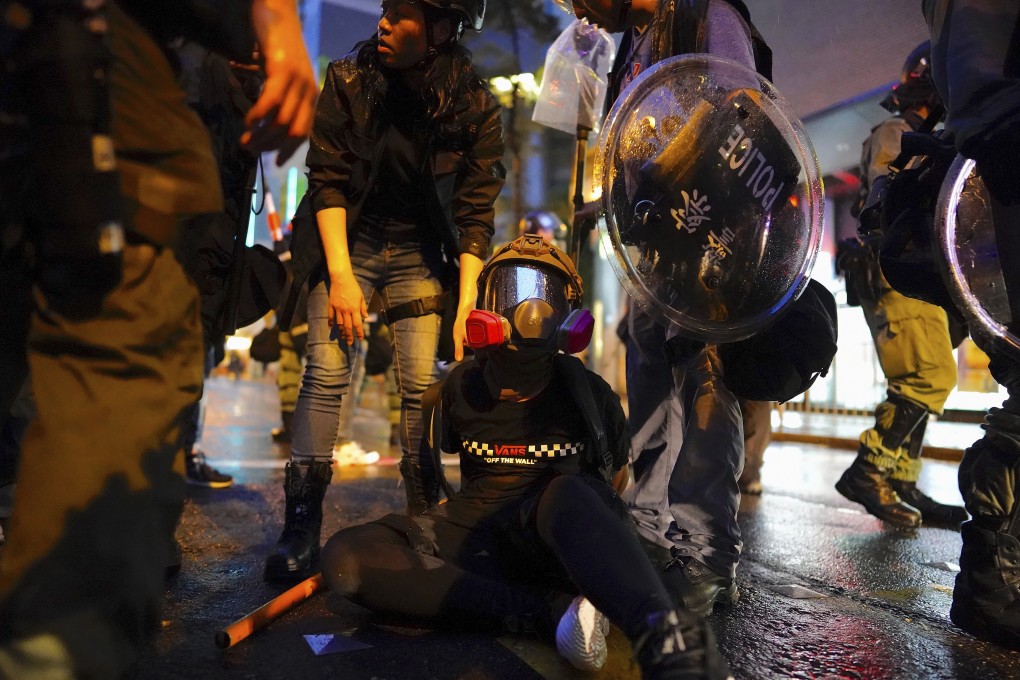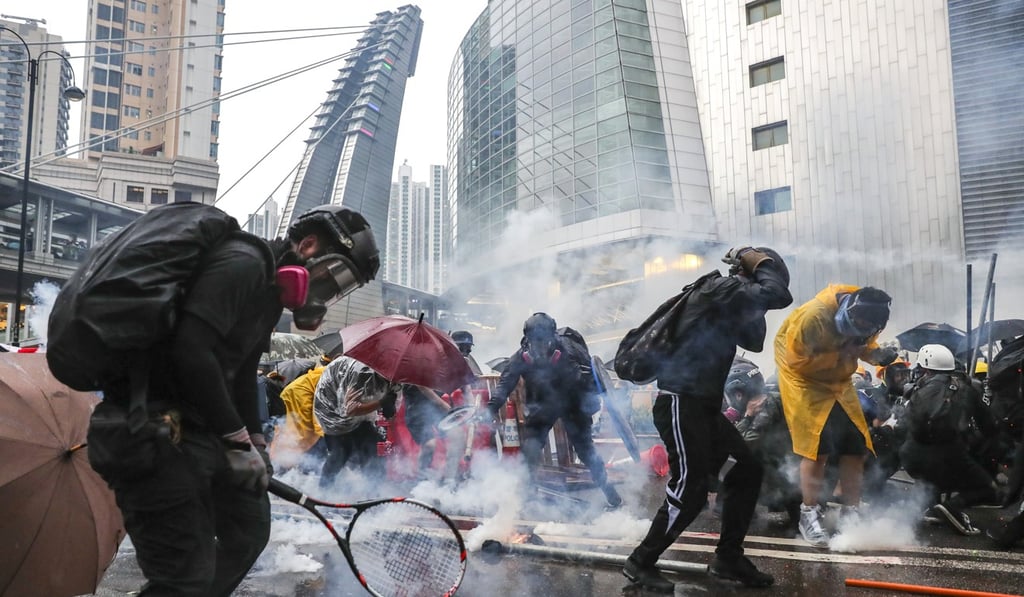Hong Kong police defend force’s detention protocol after arrest of 12-year-old anti-government protester in Tsuen Wan
- Fifteen protesters between ages of 12 and 15 arrested since June – with the youngest arrested on Sunday
- Police say ‘concern and protection’ of youngsters is priority, but social workers want more access to underage detainees

Police on Tuesday said 15 Hongkongers between the ages of 12 and 15 had been arrested since anti-government protests erupted in June, with social workers calling for more access to the minors before and after detention.
Sources with knowledge of the case said the boy was arrested at around 6.45pm on Yeung Uk Road on suspicion of taking part in an unlawful assembly. He was taken to the Tsuen Wan police station about an hour later. He met with his father and a lawyer at 8.20pm.
The boy was expected to start his first year at a Chai Wan school next month. The school said in a statement that it has been in touch with the boy’s parents and was working on the case with the in-house social worker. The school said it had not disciplined the future student, contrary to claims on the internet.
